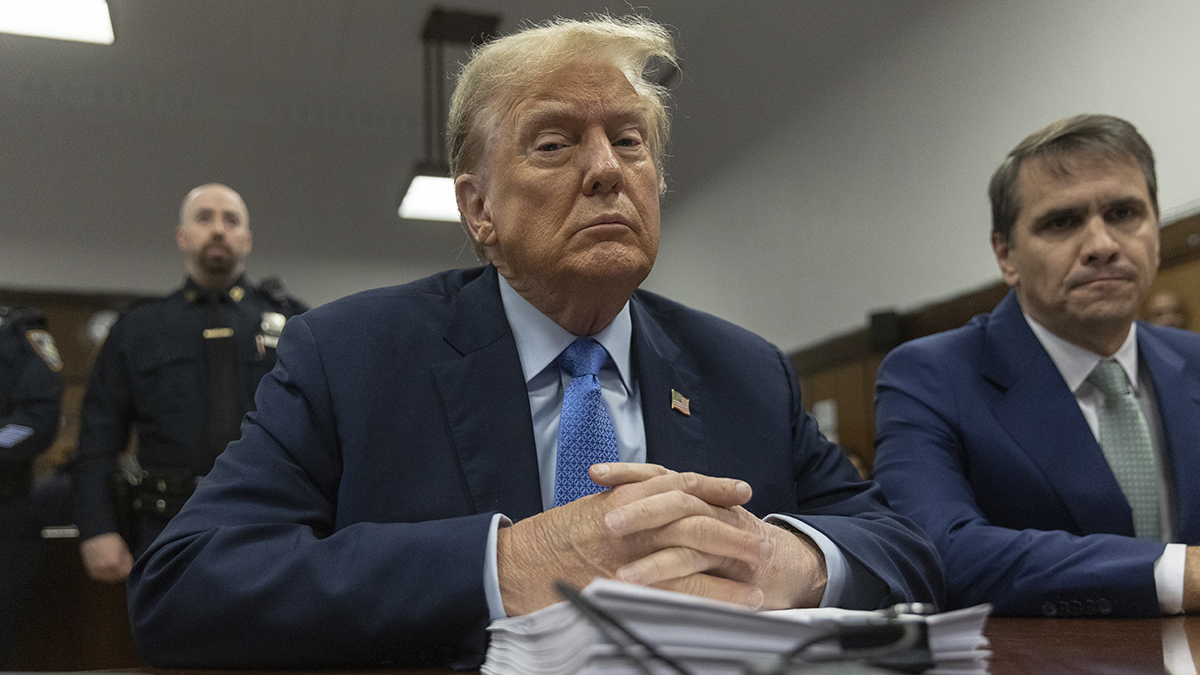
Lawmakers should be prepared to act quickly to pass a resolution funding the federal government for one week as negotiators continue to work on a longer-term spending bill, Senate Majority Leader Chuck Schumer said Monday.
Schumer described weekend talks over a funding package as “positive and productive conversations, enough that both sides are moving forward to reach a deal, even if it's not going to be everything both sides want."
Congress finds itself in a familiar position, facing a midnight Friday deadline to pass a spending bill to prevent a partial government shutdown. A vote to fund the government for one week gives negotiators more time, but also pushes back the deadline to Dec. 23, giving lawmakers more incentive to compromise as they face the prospect of being in Washington for the holidays.
White House press secretary Karine Jean-Pierre said the Biden administration believes there is sufficient time for Congress to pass a funding measure. But she added, “If they need extra days to get there, so be it.”
We're making it easier for you to find stories that matter with our new newsletter — The 4Front. Sign up here and get news that is important for you to your inbox.
The two parties are at odds mostly over how much should be allocated for non-defense spending in the next fiscal year. Republicans have argued that Democrats were already able to secure money for an array of health care and environmental priorities through previous party-line votes.
Sen. Mitch McConnell, R-Ky., said any final agreement needs to fund defense at the level written into a defense policy bill that passed the House last week, about $858 billion, and “without lavishing extra funding" beyond what President Joe Biden has requested on domestic programs.
“Our Democratic colleagues have already spent two years massively, massively increasing domestic spending, using party-line reconciliation bills outside the normal appropriations process," McConnell said. “So, clearly our colleagues cannot now demand even more, more domestic spending than President Biden even requested in exchange for funding the United States military."
Politics
Political news from the U.S. Capitol, White House and around Washington, D.C., Maryland and Virginia
Sen. Richard Shelby, R-Ala., said last week that the two parties are about $25 billion apart on non-defense, domestic spending in what is expected to be about a $1.65 trillion package.
With negotiations stalled last week, Sen. Patrick Leahy, D-Vt. was set to introduce a full-year spending bill Monday along with Rep. Rosa DeLauro, D-Conn. The two are the top Democrats on the appropriations committees in the Senate and House. Leahy said the bill would “provide the needed increase to non-defense programs to stave off inflation and serve the American people."
But Democratic leaders decided to delay their bill introduction. A Senate aide said that Leahy believed “sufficient progress" had occurred during talks over the weekend, so negotiations would continue.
Lawmakers are hoping to attach an array of other priorities to the spending bill, including the Biden administration's request for an additional $37 billion in Ukraine aid, something that Senate leaders in both parties say is necessary as that country defends itself against Russia.



